Climate Confessions — the religion in sustainability
Climate Confessions is a monthly blog series in which Timothy Stacey reveals the “religious repertoires” associated with sustainability in various sectors. From the myths of great floods that dominate in Dutch politics to the rituals of reconnecting with other humans and the other-than-human found among activists, each month, Tim invites you into the repertoires that lurk beneath the surface, shaping sustainability in an otherwise secular world.

Tim is a researcher and lecturer at the Urban Futures Studio. As well as undertaking research into the repertoires found in various settings, he collaborates with policymakers, designers, and activists to develop new repertoires that advance social, economic, and ecological justice. For more formal reflections, see Tim’s peer-reviewed research: www.uu.nl/staff/TJStacey/Publications. To discuss how repertoires might transform your practice, get in touch t.j.stacey@uu.nl
Blogs
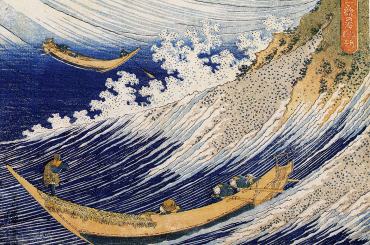
Sustainable Belonging in a Migratory World
From most people’s gut perspective, belonging is rooted in a kind of from-ness. Like a tree, you are rooted in a place. Though it’s not easily admitted in liberal society, one’s rootedness is usually detected by skin colour and facial features. Even amongst the most welcoming of insiders, there is an unspoken assumption that those here first get to decide how things ought to be. On a secondary level, cultural behaviour confers belonging. “Okay, their grandparents aren’t from here, but at least they get our way of life.” But what is this “our” anyway?
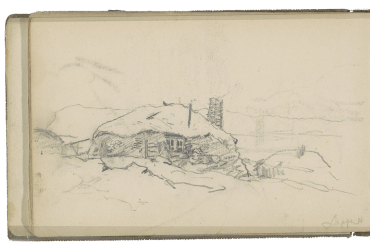
Thinking from the north
I just returned from a train trip up north with my partner and two-year-old daughter. Specifically, to Kiruna and Abisko in Sweden. Partly, I wanted to meet one of Europe’s peripheries and, in so doing, better understand its centres. Most of all, I hoped to engage with the Sami, the EU’s only recognised indigenous group. I was sorely disappointed.

Post fossil freedom
Freedom remains one of the most evocative political rallying cries around the world. It is central to the notion of humanitarian intervention, which has dragged Western nations into war since the 18th century. It was successfully mobilised to found the welfare state. And it is now a buzzword for the nativists being swept to power across the world…Even if the urge for freedom speaks to something deep within us, what it means changes from place to place, and from one generation to the next. Both lessons are crucial for those wishing to mobilise environmental action. Those who write the book of freedom gain huge political rewards.
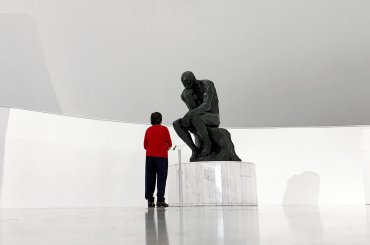
I think, therefore I’m not: towards another way of knowing
In David Abram’s enchanting The Spell of the Sensuous, he tells the story of how he lost the ability to commune with the more-than-human world. When spending time among shamans in Bali, he had slowly started to feel as if he shared a wavelength with non-human creatures. They would mimic his gestures, and he theirs, and it seemed as if they understood one another. But within weeks of his return to the United States, he found that he was losing this ability. Understanding how this happens is crucial to tackling planetary breakdown.
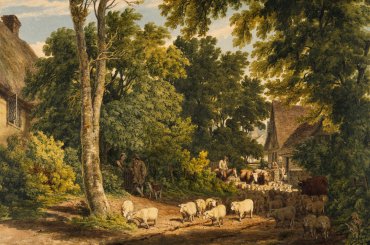
Spreading the climate movement beyond the vanguard left: the power of tradition
The term tradition is widely used among climate activists and researchers to refer to indigenous wisdom and fossil-free farming. Such thinking is important in challenging modernist techno-optimism and highlighting neglected values and practices that we already know to be sustainable. But it also makes tradition seem like something that belongs to the past and political margins. This blinds us to the role that tradition plays in sustaining our own socio-ecologically toxic practices.

Magical technology and the colonialism vanish trick
Many have long marvelled at humans’ capacity for technological innovation. Especially now, amid cascading environmental crises, technology seems to take on a magical quality. It becomes the repository of people's last remaining hopes. We acknowledge the many great things technological innovation has achieved. But holding faith with technological innovation alone is not only high risk: it ignores the exploitation of people and planet on which it depends.

Liberation rituals: collective liminality for transformative change
When it comes to environmental politics, everywhere we look, there’s a feeling of being stuck. UN summits take one step forwards and two steps back. Scientists are gluing their papers to buildings and their hands to the road because governments are failing to act. Most of us look on dejectedly, wondering what we’re supposed to do, or why we should do it if no one else does.
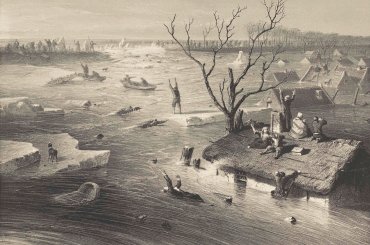
Myths of a sustainable future
In contemporary conversation, “myth” is most commonly used to mean “misconception”. The usage stems from colonial times, when anthropologists differentiated between primitive religions, replete with myths, and the scientific worldview. Today, it remains a way of castigating those we disagree with. But in creating this dichotomy, the children of the Enlightenment have been doing themselves a disservice.
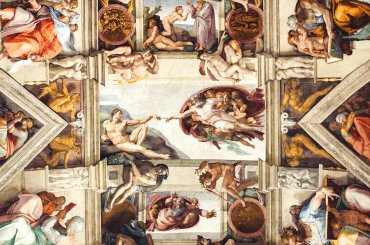
Why religion matters for climate change, whatever you believe
When you hear the words religion and climate change, many of you will instantly think of evangelical climate deniers and conspiracy theorists. Very few though, will think of the laboratories and boardrooms in which scientists and policymakers debate over the facts, and what these imply for social and economic life.



